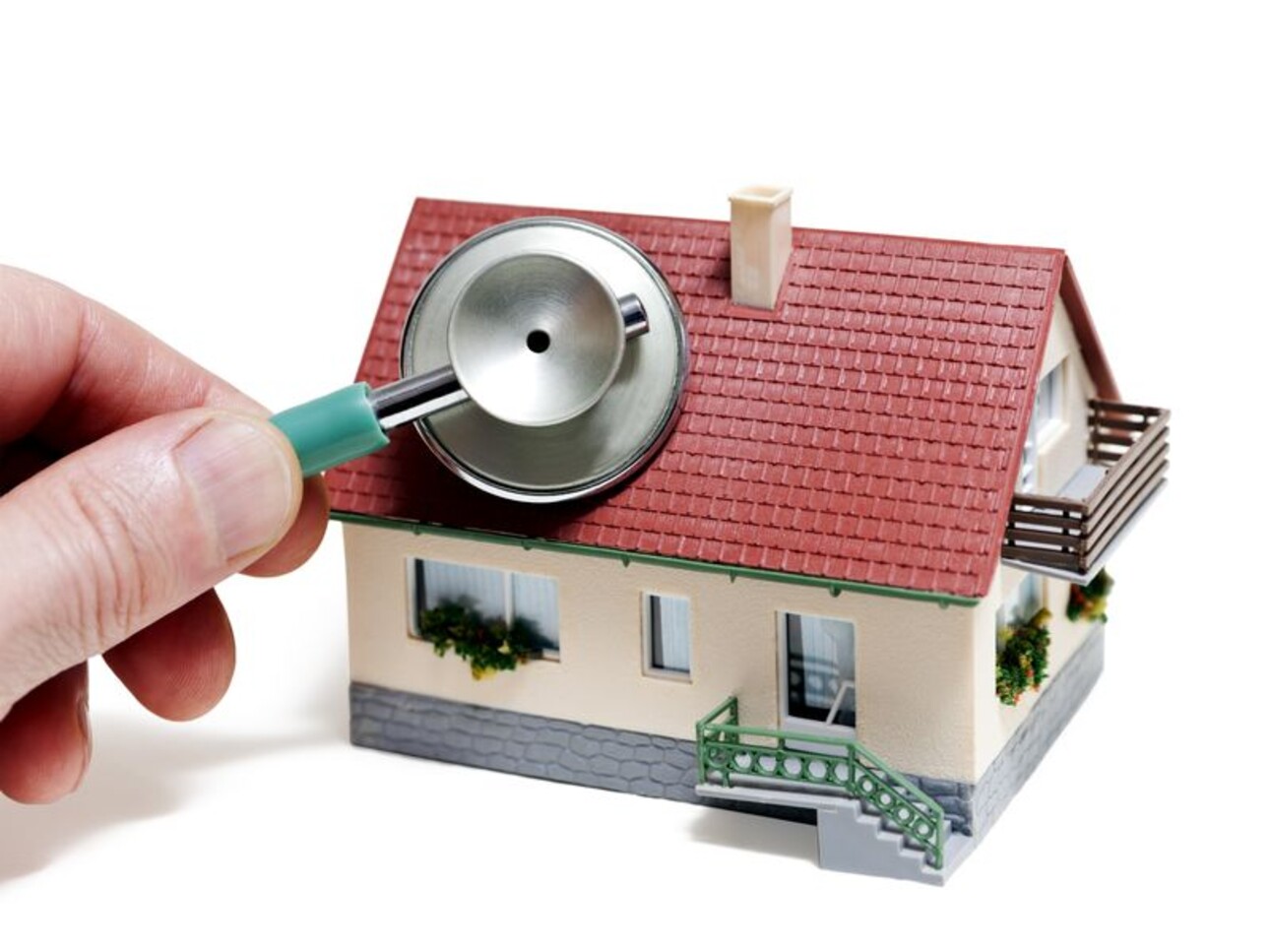
Technical diagnostics are essential for any real estate transaction in France. Their period of validity varies considerably according to the category of assessment concerned. The legislator sets these periods by decree, and adjusts them periodically. An expired document loses all legal value, exposing parties to the potential cancellation of a sale or lease. Mastering these time constraints helps avoid complications during the negotiation period.
The French real estate sector is subject to a number of regulatory requirements. Among the various assessments required, some are valid indefinitely, subject to specific conditions. The Carrez law diagnosis, which determines the private surface area of a condominium lot, remains valid in perpetuity as long as no structural modifications affect the living space. The same applies to the Boutin law diagnosis of the surface area of a dwelling.
The asbestos assessment maintains its unlimited validity when the initial inspection detects no trace of the harmful material. However, if the professional identifies asbestos-contaminated elements, the validity is limited to three full years. Lead diagnostics follow the same logic: permanent validity without lead detection, but annual renewal as soon as the measured concentration exceeds 1 mg/cm². It's important to be aware of these specificities when carrying out property diagnostics in Marseille and the surrounding region, for example.
The Energy Performance Diagnostic remains valid for 10 consecutive years. Now more precise since its regulatory overhaul, this assessment occupies a strategic position in real estate negotiations. Each significant energy renovation inevitably requires a new certificate.
The Global Technical Diagnosis for condominiums also has a ten-year period before it expires. These extended deadlines enable owners to spread the amortization of costs over several years, while ensuring that potential buyers have access to reliable information on the characteristics of the property on offer.

Electricity and gas certificates have a validity period that fluctuates according to the purpose of the transaction. For a final sale, they remain usable for 3 years, while for a rental contract, the interval extends to 6 years. However, these checks only apply to equipment installed more than 15 years ago.
Non-collective sanitation inspections, which are mandatory for dwellings not connected to the municipal network, retain their legal relevance for 3 years. This median period is designed to accommodate any changes to sanitary installations, without imposing a renewal schedule that is too restrictive for property owners.
Certain verifications require regular updating, given the rapid evolution of the risks assessed. The Risk and Pollution Statement must be updated every six months. This report provides information on natural, mining and technological hazards likely to affect the property.
Termite control follows a similar requirement, with a limited period of use of 6 months. The shortness of this period is explained by the sometimes lightning progress of an infestation. Similarly, noise assessments, required for properties near airports, are carried out every six months.
Renovations to a property can invalidate the legitimacy of existing diagnostics, even during their theoretical period of application. As soon as major transformations alter the property's parameters, new analyses become mandatory.
For example, thermal upgrades require an updated DPE, while changes affecting the living area automatically invalidate the loi Carrez certificate. At the same time, interventions involving materials potentially contaminated with asbestos or lead make it essential to renew analyses specific to these substances.
The use of obsolete documents during negotiations exposes the seller or lessor to substantial legal and financial recourse. A buyer can legitimately demand cancellation of the contract, negotiate a discount on the agreed price, or even force the owner to finance the required work.
Beyond the legal framework, diagnostics effectively protect occupants by identifying potential risks associated with the property. An up-to-date document ensures that the data transmitted accurately reflects the current state of the property, for the peace of mind of all parties involved in the transaction.
To avoid any blockage during a transaction, plan to renew your certificates early. Keep a close eye on their expiry dates, especially for short-lived documents such as ERP or termite analysis. A methodical approach is essential to avoid jeopardizing a sale in progress.
Consider scheduling several appraisals together to reduce the overall cost of the operation. Note that a report drawn up at the time of the building's construction is rarely valid for a subsequent transaction. Finally, consult your expert to determine whether a simple update of a diagnosis close to expiry would be sufficient, rather than starting the whole procedure from scratch.